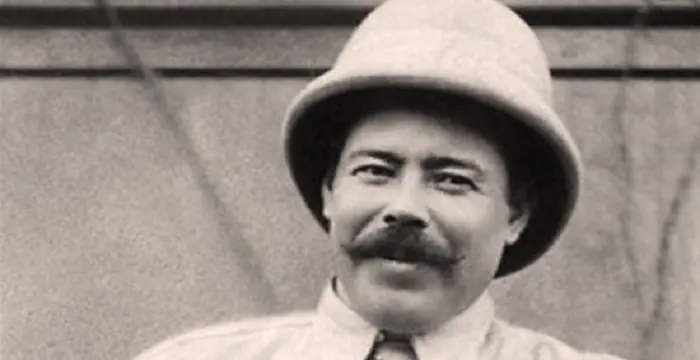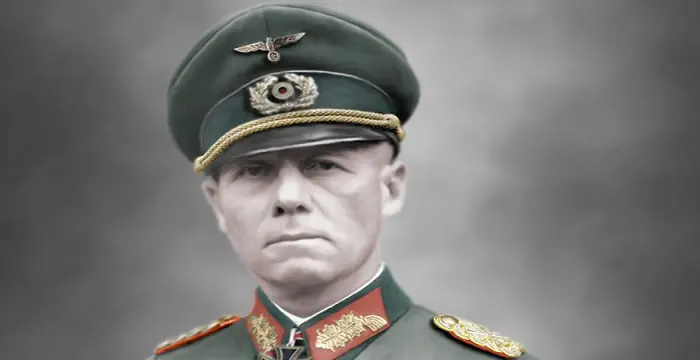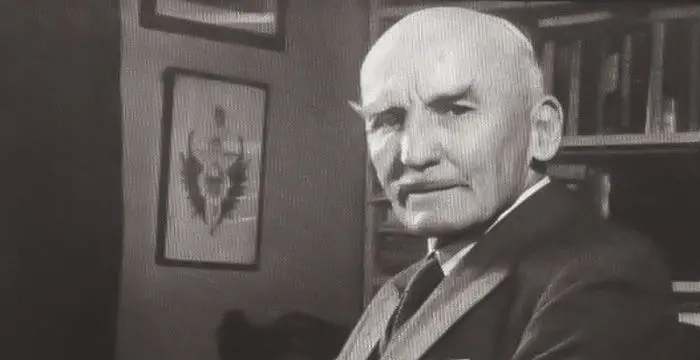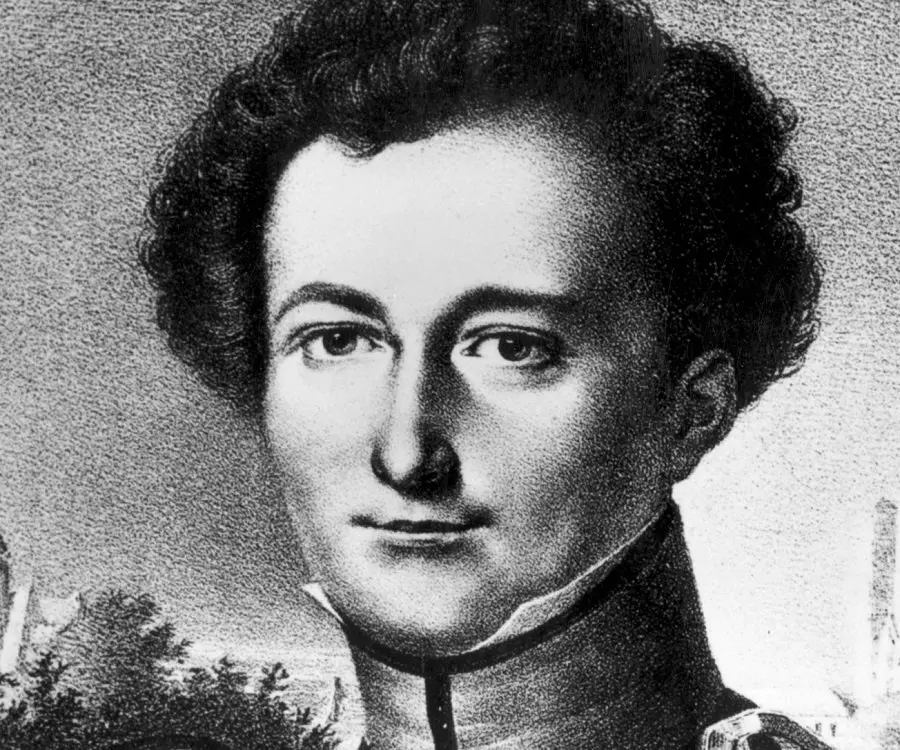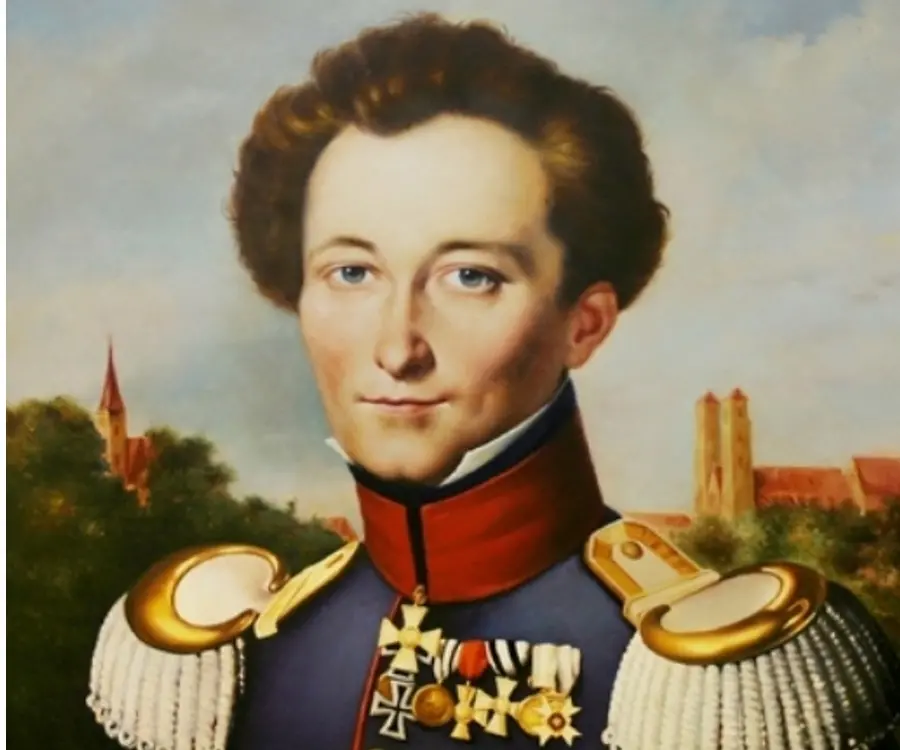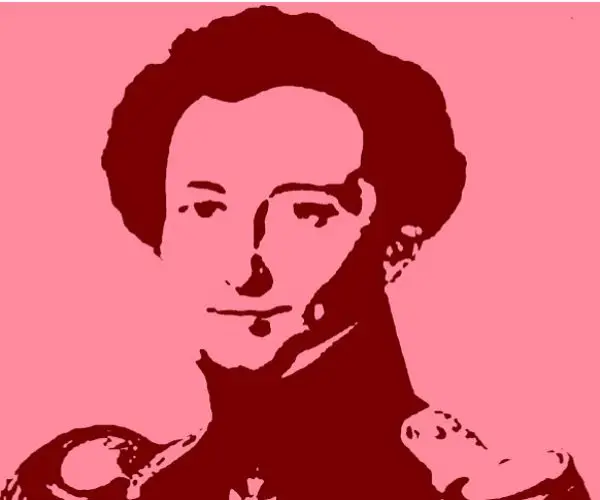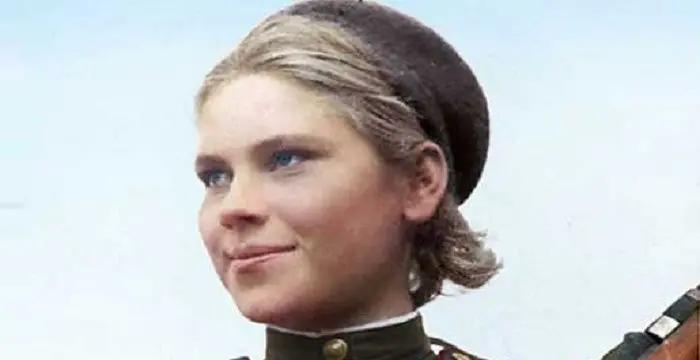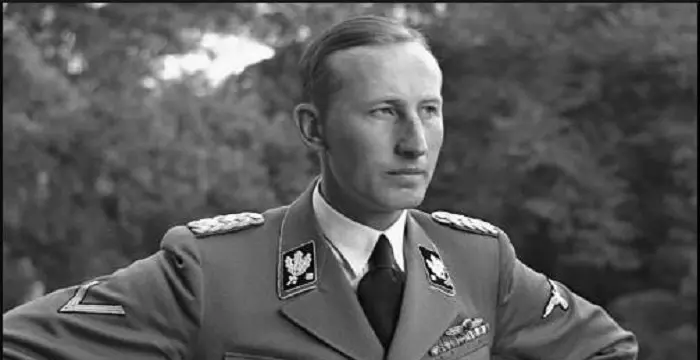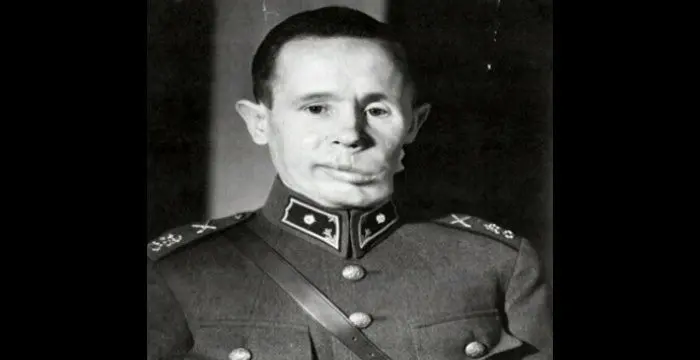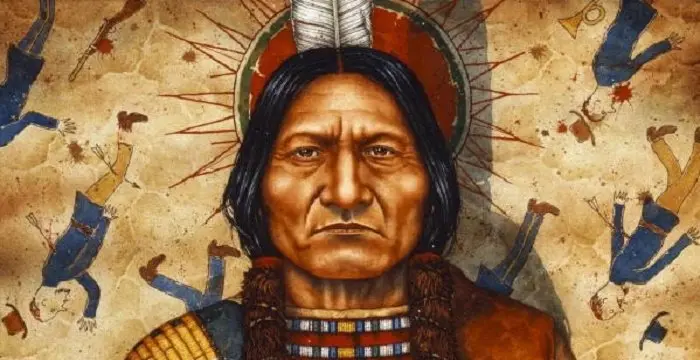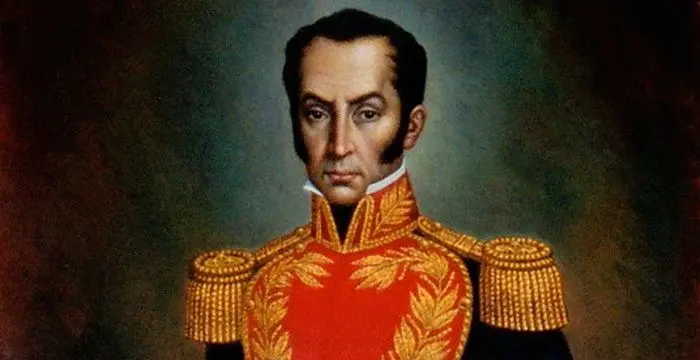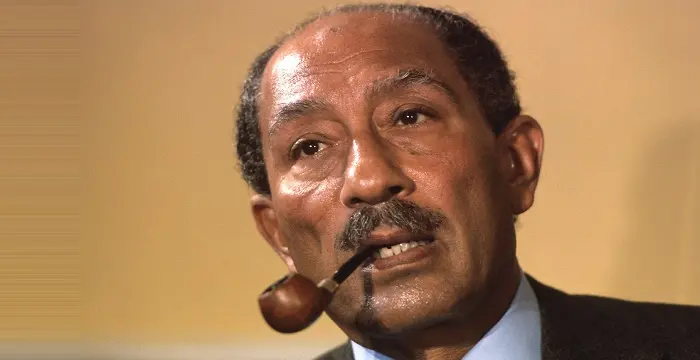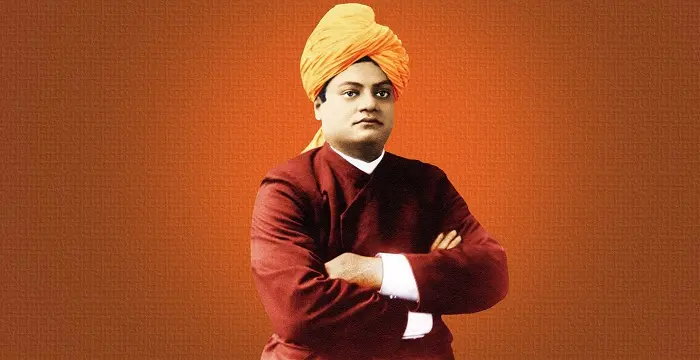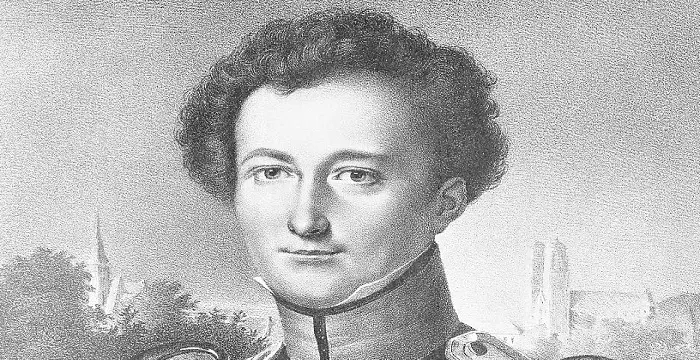
Karl Von Clausewitz - General, Career and Family
Karl Von Clausewitz's Personal Details
Carl Von Clausewitz was a (German) Prussian soldier and military theorist who authored the work, ‘On War’
| Information | Detail |
|---|---|
| Birthday | July 1, 1780 |
| Died on | November 16, 1831 |
| Nationality | German |
| Famous | Leaders, Military Leaders, Soldiers, General |
| Spouses | Marie von Brühl |
| Known as | Carl Philipp Gottfried |
| Universities |
|
| Birth Place | Burg bei Magdeburg |
| Gender | Male |
| Sun Sign | Cancer |
| Born in | Burg bei Magdeburg |
| Famous as | General |
| Died at Age | 51 |
// Famous General
Pancho Villa
Pancho Villa is one of the most renowned names of the ‘Mexican Revolution’ who was also the Governor of Chihuahua. This biography provides detailed information about his childhood, profile, career and timeline
Erwin Rommel
Erwin Rommel was a German general. This biography profiles his childhood, family, personal life, career, death, achievements and other facts.
J. F. C. Fuller
J. F. C. Fuller was a British military officer, author, advocate of tank warfare and supporter and sympathizer of the Nazi philosophy. Read this biography to get details about his childhood, life, profile and timeline.
Karl Von Clausewitz's photo
Who is Karl Von Clausewitz?
Carl von Clausewitz is considered as one of the most important classical strategist thinkers. A German military general and theorist, he spent the better part of life working either on field or researching on war. His theories despite being centuries old still find reference and cast an important influence on the modern strategic thinkers. In fact, his theories are undoubtedly the most cited and the most controversial theories on warfare and strategy. What is interesting to note is that his theories are not only helpful for military professionals, but also to historians, political scientists, business thinkers and scientists and hence, are taught in major military institutions, business schools and other organizations. Being a realist, he used more rationalist ideas of the European Enlightenment. He started off in the military at the age of 13 and soon climbed up the ranks to become a Major General. It is his magnum opus, published posthumously by his wife that brought him to national and international limelight. His work has been translated into every major language and till date remains a living influence on modern strategists in many field.
// Famous Soldiers
Roza Shanina
Roza Shanina was a Russian sniper who came to be known as “the unseen terror of East Prussia” during World War II. Find more about her childhood, family, personal life, etc.
Reinhard Heydrich
Reinhard Heydrich was a high-ranking German Nazi official during the World War II. Check out this biography to know about his childhood, family life, achievements and other facts about his life.
Simo Häyhä
Simo "Simuna" Häyhä was a Finnish sniper, considered the most deadly sniper in war history. Find more about his family, childhood, personal life, career, achievements, etc.
Childhood & Early Life
Carl Von Clausewitz was born as Carl Philipp Gottfriedvon Clausewitz in a middle-class family in Burg bei Magdeburg, Prussia. He was the youngest child of the family and had three elder siblings.
His father served as the Lieutenant in the Prussian Army and later on took to working at the Prussian internal revenue service.
Career
He began his military career at the age of 12. He started off by serving as the Lanco-Corporal and soon moved up the ladder to serve as a Major General in the army.
From 1793 to 1794, he served in the Rhine Campaigns, including the Siege of Mainz at the time when the Prussian army invaded France in the French Revolution.
In 1801, he enrolled at the Kriegsakademie or German War School. Thereafter, he studied at the Military Academy in Berlin and the Brussian Military Academy. It was there that he studied the works of philosopher Immanuel Kant.
His deep acumen and intelligence won him the regard of General Gerhard von Scharnhorst. Along with Hermann von Boyen and Karl von Grolman, he became a close associate of Scharnhorst and helped the latter in the reform of the Prussian army from 1807 to 1814.
Meanwhile, from 1806, he took to serving in the Napoleonic Wars which he continued until 1815. In the Jena Campaign, he served as an aide-de-camp to Prince August. During the battle, Napolean invaded Prussia and defeated the Prussian-Saxon army commanded by Karl Wilhelm Ferdinand, Duke of Brunswick.
He was captured by the Napoleon army and became a prisoner of war held in France from 1807 to 1808. After serving his sentence, he returned to Prussia to assist Scharnhorst, who was the Chief of Staff of the Prussian Army and state.
With Prussia forming an alliance with Napoleon I, he left the Prussian army and instead took to serving the Russian armed forces. From 1812 to 1813, he served in the Russian campaign fighting in the Battle of Borodino.
In 1813, he joined the Russian-German Legion along with other Prussian officers serving the Russian Army. It was during his service with the Russian army that he helped negotiate the Convention of Tauroggen, thus accentuating the coalition of Prussia, Russia and United Kingdom. The alliance eventually helped to defeat the Napoleon and bring down his rule.
With the Russo-German Legion being integrated into the Prussian Army, he left his service at the Russian Army and instead joined hands with the Prussian Empire. Immediately thereafter, he was appointed to the seat of chief of staff of Johann von Thielmann's III Corps.
In the new position, he served in the Battle of Ligny and the Battle of Wavre in the Waterloo Campaign in 1815. Though his army lost the Battle of Ligny, they revived and later attacked the Napoleon-led forces in the Battle of Waterloo successfully.
The success in the Battle of Waterloo helped him to rise to the position of major General. Furthermore, he was appointed as the director of his alma mater Kriegsakademie, where he served until 1830.
Though his contribution as a soldier is unquestionable, what gained him much popularity was his works which he released as a military theorist. With a careful, systematic and philosophical examination of war, he came up with his book, ‘On War’ that highlighted his principle ideas and philosophies of war
Despite being unfinished at the time of his death, the book was very valuable as it introduced systematic philosophical contemplation into Western military thinking. The content of the book comprised of powerful implications which are beneficial not only for historical and analytical writing but also for practical policy, military instruction, and operational planning.
It was his wife who published his magnum opus posthumously in 1832. She penned the preface of the book and by 1834, published several of his works.
Personal Life & Legacy
He first met Countess Marie von Bruhl, who was a member of the noble German von Br�hl family originating in Thuringia, in 1803.
In December 1810, he went into the wedlock with the Countess. The marriage gave him an opportunity to socialize with Berlin’s literary and intellectual elite class.
He breathed his last on November 16, 1831 in Breslau, Prussia after commanding the Prussian army to construct a cordon sanitaire to restrict the outbreak of cholera in 1831.
Trivia
This German soldier and military theorist authored the famous work, ‘On War’, which presents a theory on warfare and strategy.
// Famous Military Leaders
Sitting Bull
Sitting Bull was a Teton Dakota Indian chief who led Sioux tribes in their struggle for survival on the North American Great Plains.
Simon Bolivar
Simón Bolívar was a Venezuelan military leader who was instrumental in independence of several Latin American countries from the Spanish rule. This biography profiles his childhood, life, achievements and timeline.
Reinhard Heydrich
Reinhard Heydrich was a high-ranking German Nazi official during the World War II. Check out this biography to know about his childhood, family life, achievements and other facts about his life.
Karl Von Clausewitz biography timelines
- // 1st Jun 1780Carl Von Clausewitz was born as Carl Philipp Gottfriedvon Clausewitz in a middle-class family in Burg bei Magdeburg, Prussia. He was the youngest child of the family and had three elder siblings.
- // 1793 To 1794From 1793 to 1794, he served in the Rhine Campaigns, including the Siege of Mainz at the time when the Prussian army invaded France in the French Revolution.
- // 1801In 1801, he enrolled at the Kriegsakademie or German War School. Thereafter, he studied at the Military Academy in Berlin and the Brussian Military Academy. It was there that he studied the works of philosopher Immanuel Kant.
- // 1803He first met Countess Marie von Bruhl, who was a member of the noble German von Br�hl family originating in Thuringia, in 1803.
- // 1806 To 1815Meanwhile, from 1806, he took to serving in the Napoleonic Wars which he continued until 1815. In the Jena Campaign, he served as an aide-de-camp to Prince August. During the battle, Napolean invaded Prussia and defeated the Prussian-Saxon army commanded by Karl Wilhelm Ferdinand, Duke of Brunswick.
- // 1807 To 1814His deep acumen and intelligence won him the regard of General Gerhard von Scharnhorst. Along with Hermann von Boyen and Karl von Grolman, he became a close associate of Scharnhorst and helped the latter in the reform of the Prussian army from 1807 to 1814.
- // 1807 To 1808He was captured by the Napoleon army and became a prisoner of war held in France from 1807 to 1808. After serving his sentence, he returned to Prussia to assist Scharnhorst, who was the Chief of Staff of the Prussian Army and state.
- // Dec 1810In December 1810, he went into the wedlock with the Countess. The marriage gave him an opportunity to socialize with Berlin’s literary and intellectual elite class.
- // 1812 To 1813With Prussia forming an alliance with Napoleon I, he left the Prussian army and instead took to serving the Russian armed forces. From 1812 to 1813, he served in the Russian campaign fighting in the Battle of Borodino.
- // 1813In 1813, he joined the Russian-German Legion along with other Prussian officers serving the Russian Army. It was during his service with the Russian army that he helped negotiate the Convention of Tauroggen, thus accentuating the coalition of Prussia, Russia and United Kingdom. The alliance eventually helped to defeat the Napoleon and bring down his rule.
- // 1815In the new position, he served in the Battle of Ligny and the Battle of Wavre in the Waterloo Campaign in 1815. Though his army lost the Battle of Ligny, they revived and later attacked the Napoleon-led forces in the Battle of Waterloo successfully.
- // 1830The success in the Battle of Waterloo helped him to rise to the position of major General. Furthermore, he was appointed as the director of his alma mater Kriegsakademie, where he served until 1830.
- // 16th Nov 1831He breathed his last on November 16, 1831 in Breslau, Prussia after commanding the Prussian army to construct a cordon sanitaire to restrict the outbreak of cholera in 1831.
- // 1832 To 1834It was his wife who published his magnum opus posthumously in 1832. She penned the preface of the book and by 1834, published several of his works.
// Famous Leaders
Edi Rama
Edi Rama is the current Prime Minister of Albania. Check out this biography to know about his childhood, life, achievements, works & timeline.
Tecumseh
Tecumseh was a Native American leader of the Shawnee clan. This biography profiles his childhood, life and timeline.
Khalifa bin Zayed Al Nahyan
Sheikh Khalifa bin Zayed Al Nahyan is the current President of the United Arab Emirates (UAE). Check out this biography to know about his birthday, childhood, family life, achievements and fun facts about him.
Anwar Sadat
Anwar Sadat was the third President of Egypt and has been awarded the Nobel Prize for his peace initiatives. To know more about his childhood, career, profile and timeline read on the following biography.
Leo Varadkar
Cam Leo Varadkar is the current Taoiseach—the Prime Minister—of the Republic of Ireland. Check out this biography to know about his childhood, family life, achievements and other facts about his life.
Swami Vivekananda
Swami Vivekananda was the chief disciple of Sri Ramakrishna, and was responsible for awakening India spiritually. Check this biography to know in detail about his life, profile and timeline.
Karl Von Clausewitz's FAQ
What is Karl Von Clausewitz birthday?
Karl Von Clausewitz was born at 1780-07-01
When was Karl Von Clausewitz died?
Karl Von Clausewitz was died at 1831-11-16
Where was Karl Von Clausewitz died?
Karl Von Clausewitz was died in Wrocław
Which age was Karl Von Clausewitz died?
Karl Von Clausewitz was died at age 51
Where is Karl Von Clausewitz's birth place?
Karl Von Clausewitz was born in Burg bei Magdeburg
What is Karl Von Clausewitz nationalities?
Karl Von Clausewitz's nationalities is German
Who is Karl Von Clausewitz spouses?
Karl Von Clausewitz's spouses is Marie von Brühl
What was Karl Von Clausewitz universities?
Karl Von Clausewitz studied at Kriegsakademie
What is Karl Von Clausewitz's sun sign?
Karl Von Clausewitz is Cancer
How famous is Karl Von Clausewitz?
Karl Von Clausewitz is famouse as General
